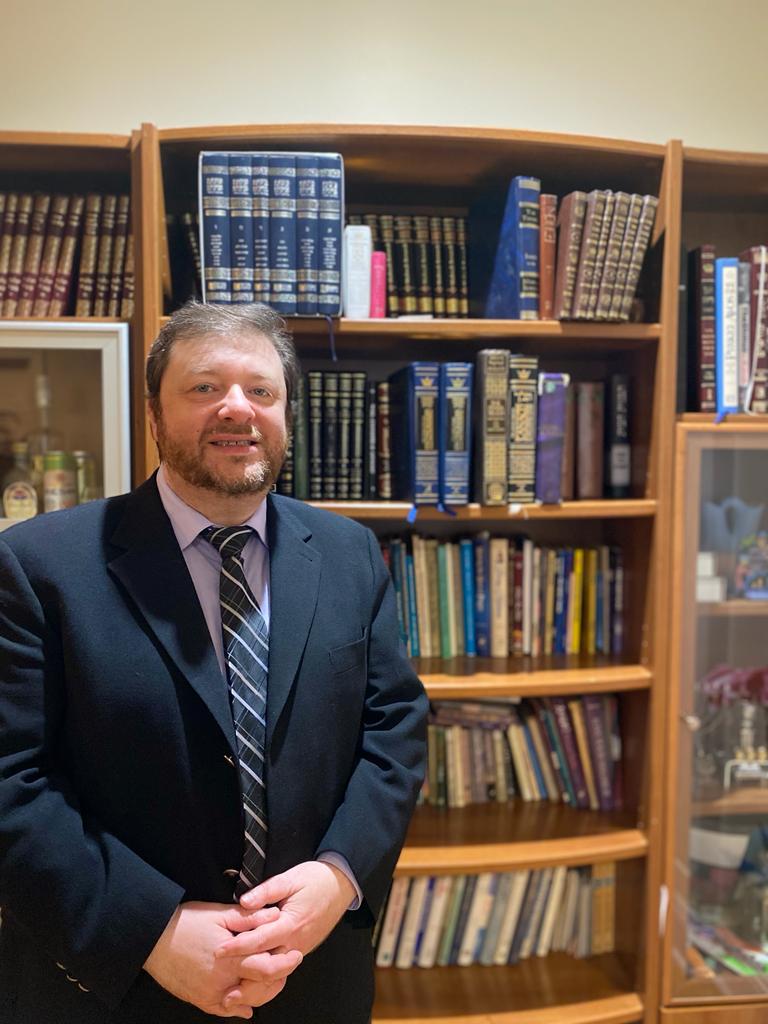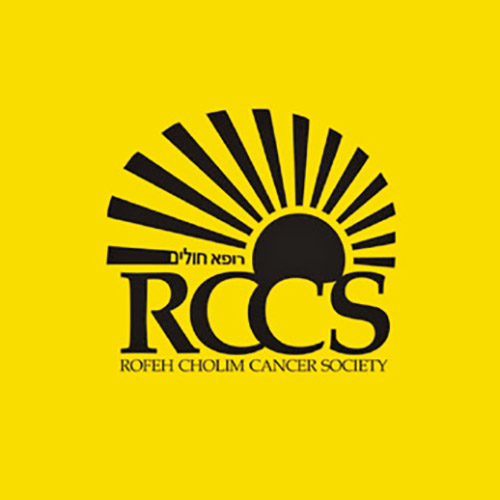


For the last 25 years, the Rofeh Cholim Cancer Society (RCCS) has had one mission: to maximize the recovery of Jewish cancer patients and to save lives.
Offering services across North America and Israel the organization has been very active in northeast Bergen County and has helped hundreds over the years to secure the best possible medical care. Rabbi Dovid Cofnas has been hired as the new regional director of development, and RCCS believes that having someone “on the ground” will create more awareness and educate the community about what the organization has to offer, allowing them to help even more patients battling the dreaded disease.
Cofnas shared his excitement to join the RCCS team, and noted that he was inspired by his upbringing to pursue a life of serving the Jewish community. “My father was a communal rav his whole life, and my mother was a rebbetzin and a Jewish studies teacher,” he told The Jewish Link. “These were two role models who were selfless, and devoted to helping people in every way.”
Cofnas explained that he spent the first part of his career working with kiruv organizations, including NCSY and Shvut Ami, and making the move to RCCS has not been as major a change as he first envisioned. “Instead of saving lives spiritually, I’m now helping to save lives physically, and I feel so grateful to have been given this opportunity,” he said.
Rabbi Aron Steier, who serves as RCCS’ national director of development, said that bringing Cofnas on board will help further the mission of the organization, and he hopes that more cancer patients and their families in Bergen County will take advantage of what RCCS is offering.
Rabbi Hershel Kohn founded RCCS in 1997 as an organization that would provide financial assistance to cancer patients. “The biggest source of bankruptcy in this country is medical debt,” Rabbi Steier explained. But as time went on, Rabbi Kohn and his budding organization quickly realized that cancer patients need much more than just funds. “They need access to the best doctors, they need someone to deal with the insurance companies, and they need someone to just hold their hand through the whole ordeal.” And so, RCCS has continued to expand its services—and has become a powerhouse in the broader Jewish community, serving nearly 3,700 patients in just the last year.
“What makes us stand out are the unique services we offer and the full team of expert staff who are dedicated to providing these services,” Cofnas said. He elaborated that RCCS’ cancer care specialists not only make medical referrals for patients, but each one’s knowledge base and continuous research is focused on a different cancer type. For example, one team member specializes in brain cancer, another in lung cancer, and so on. “This is crucial in ensuring that each specialist truly understands the patient’s unique case, and that the patient is able to receive the best care possible and the highest chance of recovery.”
Rabbi Steier noted that RCCS is deliberate in not calling its patient care staff “medical referral specialists,” because it implies that once a referral for a treatment is made, the patient is on their own. “We follow the patient through every step of their care,” he shared. “We will deal with everything from start to finish, and stay with a patient for years if they need it.”
With a $16.5 million annual budget, RCCS is able to provide the critical service of covering insurance premiums for cancer patients, which can be upwards of $30,000 per year for a family. “Our staff will evaluate a patient’s insurance plan, and refer that patient to an insurance broker if it does not cover the best possible treatment options that are out there,” Cofnas explained. If the new insurance plan selected is much more costly, RCCS will cover those premiums; and even if a patient is satisfied with the insurance plan they had previously, RCCS will still provide the financial assistance they need to cover the monthly payments. “This is one of the things that make RCCS truly unique—no other organization offers this service,” he said.
“It’s very important to stress that patients don’t need to utilize any of our other services for us to provide coverage of insurance premiums,” Rabbi Steier explained. “We provide an all-encompassing cancer care program … but if they don’t need all of it, we will gladly fill the gaps in their care.”
Cofnas said that another major component of RCCS’ financial services is insurance advocacy, which is crucial given the number of claims that insurance companies deny. “We have a team fighting denials; and in the last 12 months, we’ve recovered nearly $12 million from claims through our advocacy work. Patients who don’t need financial support can still benefit from this tremendous service that we offer.”
RCCS, Cofnas continued, is always working to stay up to date on other services available to cancer patients—whether it is rides to appointments, wigs, medical equipment—and will refer patients to other organizations when those services are needed. “We like to call ourselves ‘the ultimate resource.’” He is looking forward to further building that ultimate resource in the Bergen County community, making the burden of a cancer diagnosis just a little bit easier for more patients in the region.
For more information on RCCS, visit their website: rccscancer.org










